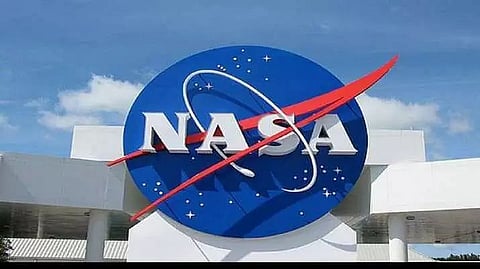
- Home
- Live Blog
- Breaking News
- Top Headlines
- Cities
- NE News
- Sentinel Media
- Sports
- Education
- Jobs

WASHINGTON: Scientists at NASA have developed a technique that can help predict astronauts' risk of space radiation exposure during future exploration missions.
The researchers studied blood samples from 43 space station crew members to measure their levels of chromosome alterations from radiation and other factors before and after a mission.
The findings demonstrated that the sensitivity of an astronaut's DNA to radiation exposure on Earth can predict their DNA's response during spaceflight by measuring changes to their chromosomes.
Older crew members had higher levels of baseline chromosomal irregularities, and the blood cells of older astronauts were more sensitive to developing chromosomal alterations compared to younger crew members.
The results, published in the journal Scientific Reports, indicated that crew members with higher inherent sensitivity, as determined by gamma radiation on the ground, were more likely to see higher levels of changes to their chromosomes in their post-flight blood samples compared to those with lower sensitivity.
Further, individuals who showed higher baseline chromosomal alterations in their pre-flight blood samples tended to also be more sensitive to developing additional chromosomal changes compared to astronauts with low baseline levels.
"The findings suggest that if older astronauts indeed have higher sensitivities to radiation, they might be at higher risk of chromosome alterations," Honglu Wu, senior scientist from NASA's Johnson Space Center in Houston, in a statement. (IANS)
Also Watch: